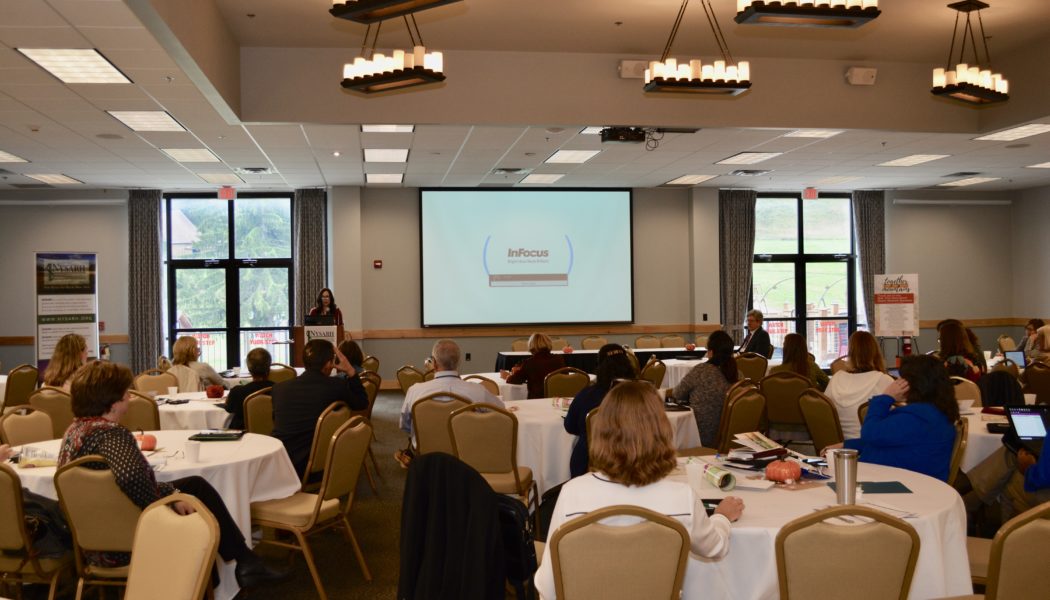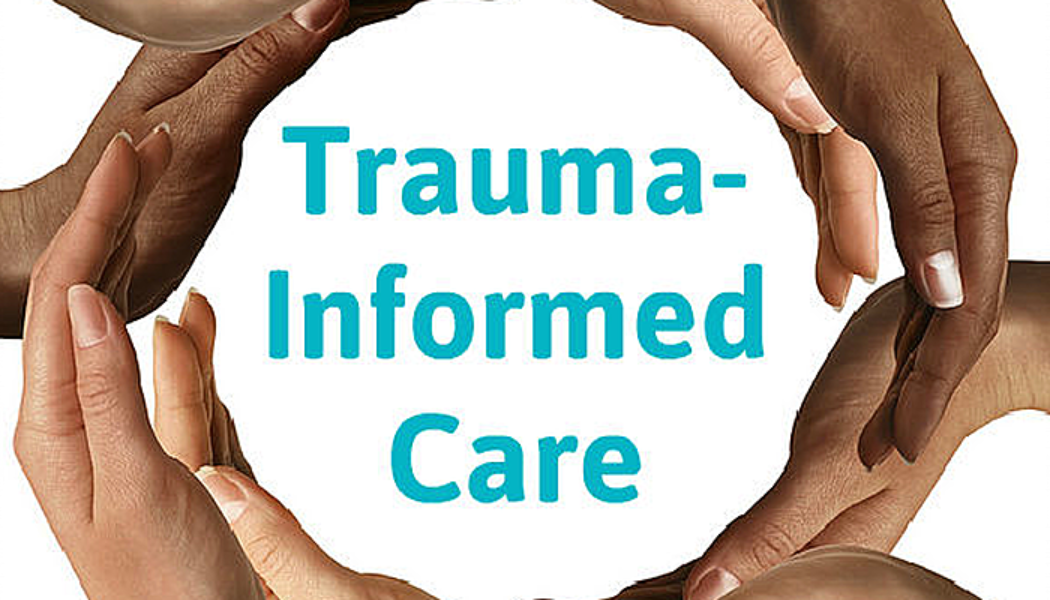Featured News
Rural Networks Making a Difference in the Opioid Epidemic
We didn’t want to miss sharing this webinar, recorded on National Rural Health Day, which features Karen Madden of the New York State Office of Rural Health, Rebecca Evansky, AHI, and Charlotte Crawford, Lake Plains Community Care Network. The recording showcases how small rural networks are innovating and collaborating with their communities to address the opioid crisis. Hit play to watch it below or click here for direct access.
NYSARH Research Project: Impact of NYS Funding
Casey Edwards conducted an important research project for NYSARH designed to inform and educate decision-makers regarding NYS funding to public health programs which have a direct and significant impact on: Health of people in rural communities Economic health of those communities Social determinants of health Edwards focus during her research was tri-fold–1.) identify and understand the purpose of key New York State health-related funding streams within selected rural communities, 2.) understand and identify the discrete categories of direct, indirect, and induced economic impact of outside funding by looking at selected health and social entities, and 3.) identify and discuss the economic impact of cuts in funding on rural infrastructure and communities, through the use of IMPLAN w...
A Rural Approach to the Opioid Crisis
The Rural Health Network of South Central New York was one of three agencies in the state awarded AmeriCorps funding to combat opioid misuse, and the only one focusing on rural communities. They have a creative and complex outreach and education program using Rural Health Service Corps members placed at community organizations in five primary counties and seven secondary counties. The team has been trained using the evidence-based Screening, Brief Intervention and Referral to Treatment (SBIRT) curriculum approved by SAMSHA and HRSA. Rural Health Service Corps members combat the opioid/heroin epidemic through prevention, treatment navigation, and recovery support in alignment with the NYS Heroin Task Force report. This program has already provided educational presentations to hundreds of s...
















